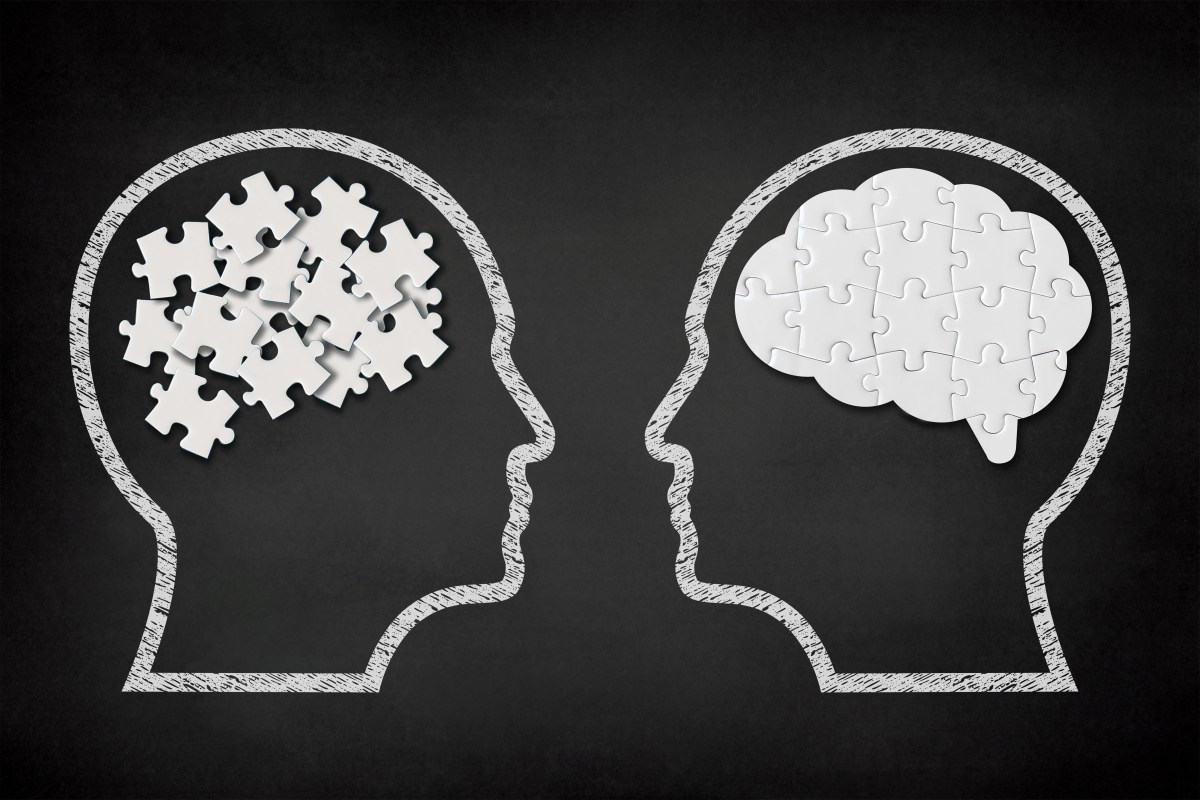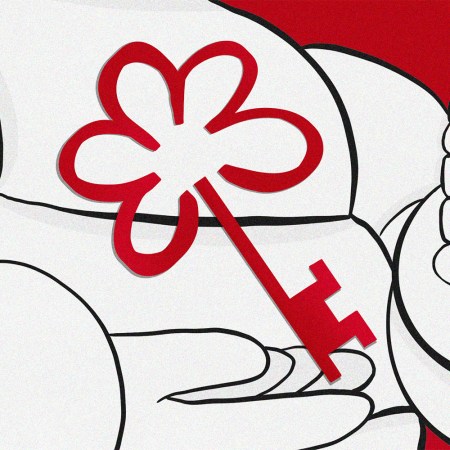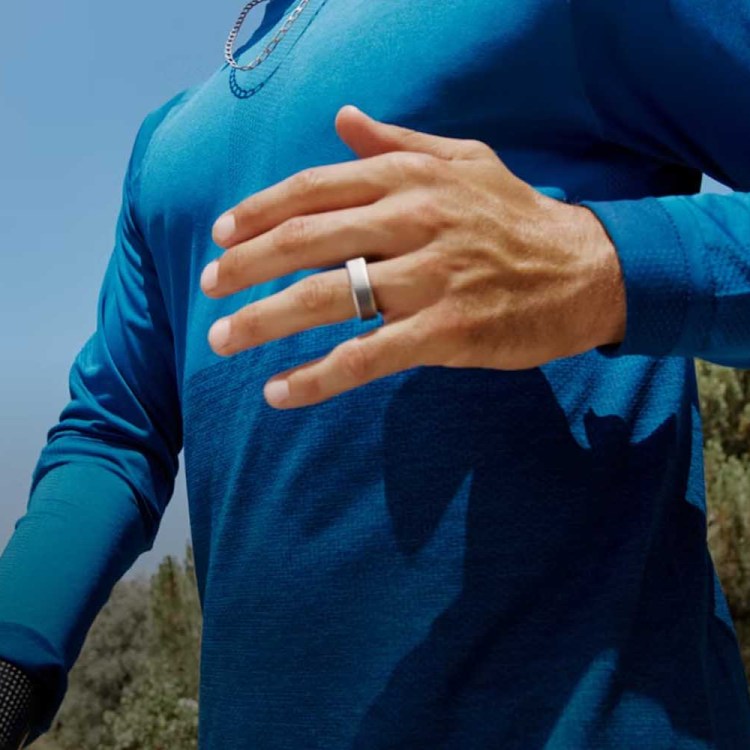Over the last two years, psychiatrists have started taking another look at a condition that’s commonly associated with children: ADHD.
The Attention Deficit Disorder Association saw its membership practically double between 2019 and 2021, while the Children and Adults With Attention-Deficit/Hyperactivity Disorder reported last year “that the highest proportion of people who call their A.D.H.D. help line are adults seeking guidance and resources for themselves.”
Though ADHD is believed to only affect 2.5% of adults, it’s important to keep in mind that 60% of children who experience ADHD are expected to carry it into adulthood. So if an adult today went through childhood undiagnosed (reasonably plausible, considering diagnoses didn’t start to climb until the 1990s), he or she could be operating at an invisible disadvantage.
The miscues that result from that disadvantage, though, can be highly visible in the workplace. Doctors have characterized adult ADHD as “a disorder of performance,” or an inability to nail down “executive function skills like planning, organizing, time management.” As one professional said to The New York Times: “[They’re] time-blind … They just can’t manage themselves relative to time limits.”
How to Master the Art of Being Happy for Other People
You’ve heard of schadenfreude. But how about freudenfreude?Fears of developing or discovering ADHD have exploded on social media in recent months, where misinformed hysteria runs rampant enough that a simple penchant for daydreaming apparently qualifies you for the condition. In comment sections, followers commiserate over shared ticks, fidgets, obsessions and grapples with self-doubt. Even focus (that’s to say, one’s ability to really zero in on a task), can be construed as a negative…and thus a qualifier for adult ADHD.
Taken altogether, a study from earlier this year found that half of ADHD videos on TikTok were “misleading.” Alarming stuff, considering the #adhd hashtag has racked up 17 billion views.
For the record: adults cannot develop ADHD out of the blue. If you’re feeling inattentive or unenterprising these days, know that you don’t suddenly have a disorder. (However enticing a diagnosis may be.) For those who are truly uncertain, don’t turn to a content creator with a Ring light for answers; use this screening tool — five out of nine symptoms is serious — or go see an experienced clinician for a test.
And for those who do have adult ADHD, meanwhile, know that it’s generally accompanied by a litany of useful traits. The condition empowers people with creativity, spontaneity and curiosity, at times manifesting more as a superpower as a setback. The condition may have gotten so popular on TikTok as an explanation for procrastinatory behavior, but perhaps the masses should appreciate its association with divergent thinking.
Still, ADHD is truly serious at any age, and at times can prove maddening. If there’s one benefit to the amount of attention the condition is now getting, it’s that more vanguard methods like “body doubling” are now gaining traction.
It isn’t just challenging for people with ADHD to balance their lives’ many tasks — it’s tough for them to even start them. But having a signified “body double” nearby (a friend, family member, roommate or co-worker), who knows how to activate and motivate the other person can be a game-changer. This sort of companionship, which can be hands-on, or simply the sheer stimuli of another person, in the room, staying on task in their own work, was unheard of in the days of undiagnosed cases.
These days, we’re diagnosing a little too much. But at least those who need help are more likely to get it, with increasingly creative solutions.
Whether you’re looking to get into shape, or just get out of a funk, The Charge has got you covered. Sign up for our new wellness newsletter today.


















